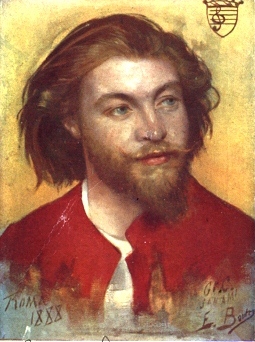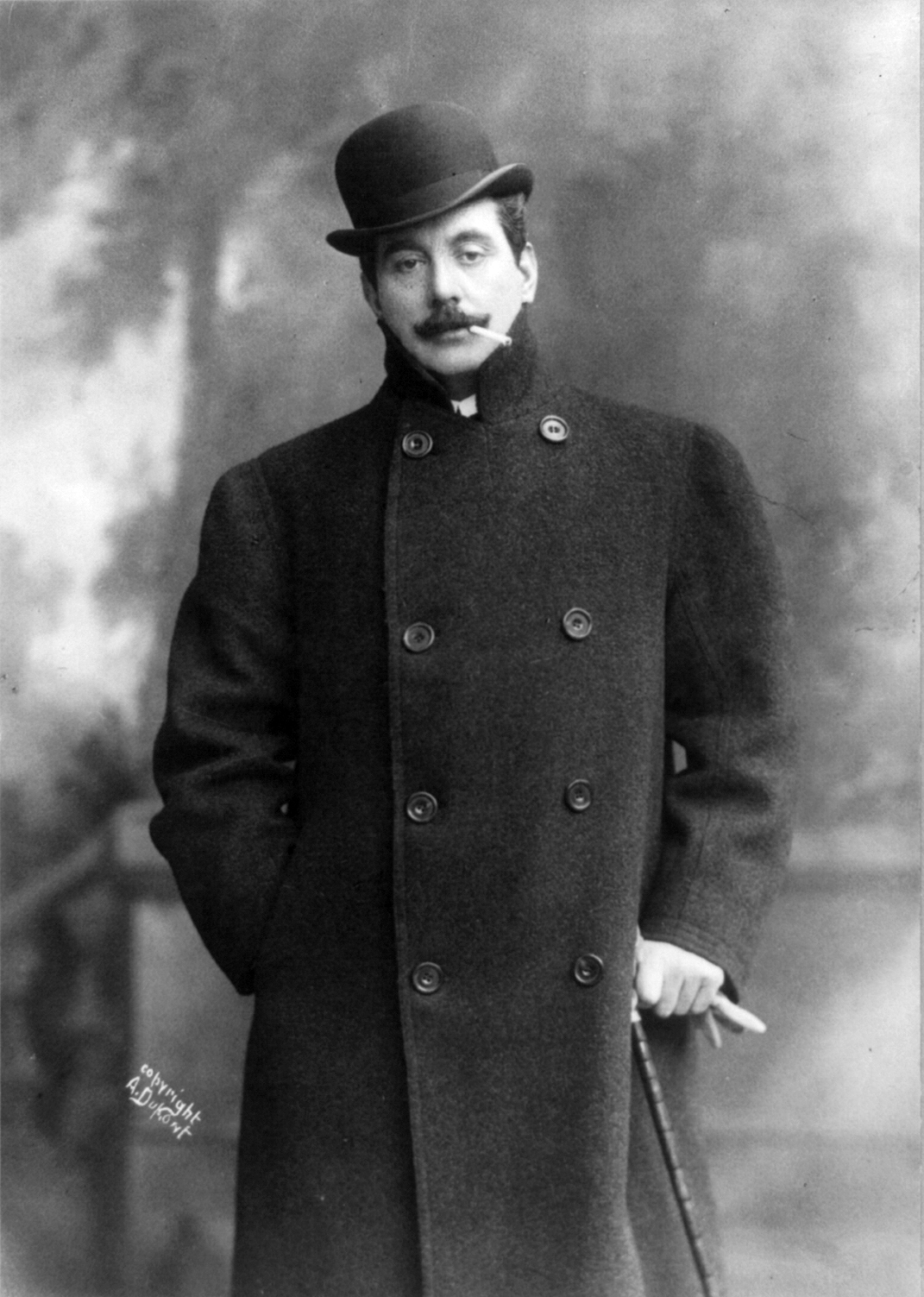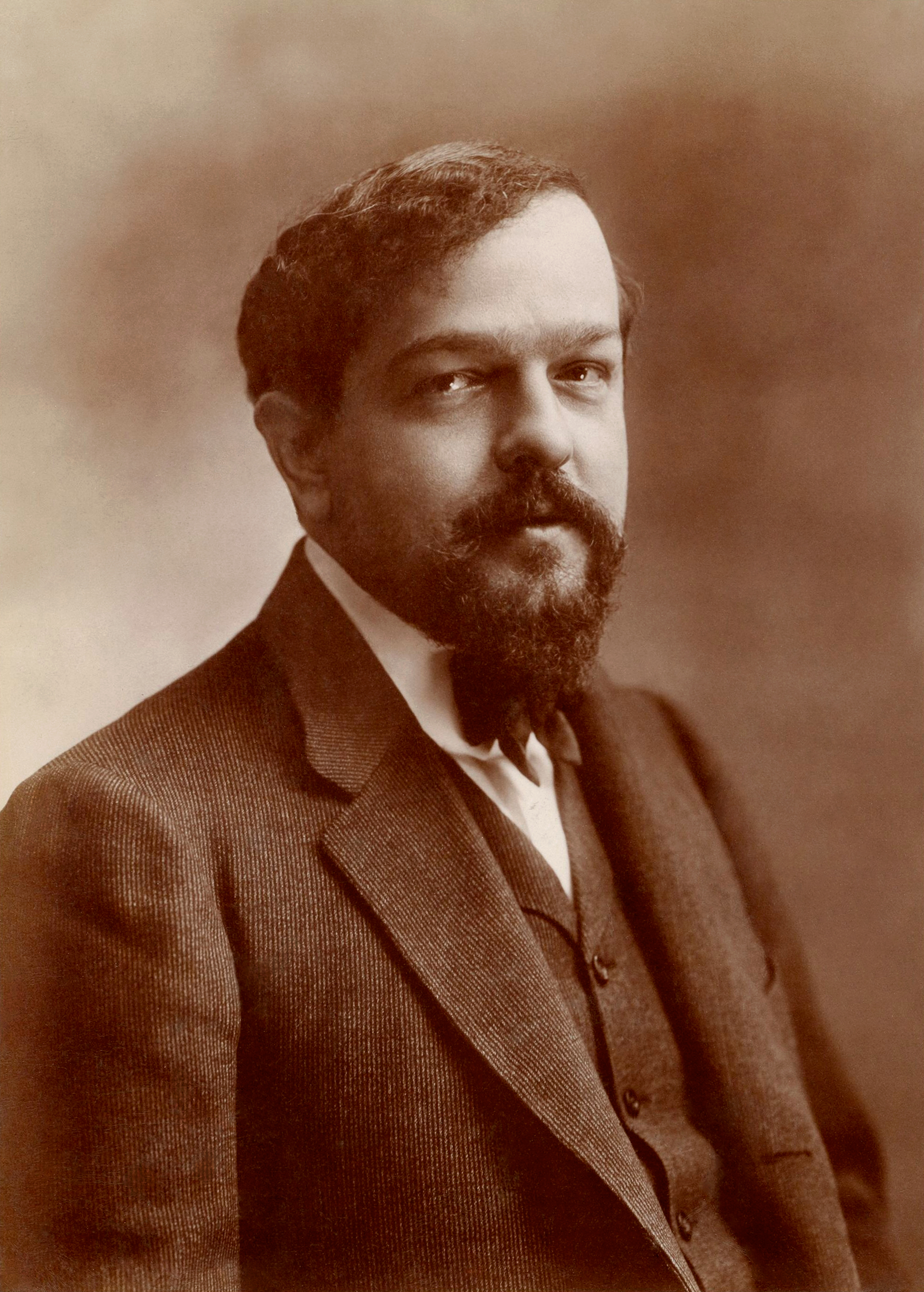|
Helga Görlin
Helga Görlin ( September 26, 1900 – January 31, 1993) was a Swedish soprano and voice teacher. She performed as a resident leading soprano at the Royal Swedish Opera from 1926 to 1951, and later returned as a guest artist at that theatre for her final stage performance in 1954 as Cio-Cio San in Puccini's ''Madama Butterfly''. A frequent romantic stage partner of tenor Jussi Björling during the 1930s and 1940s, she notably portrayed the role of Minnie in the Swedish premiere of Puccini's '' La fanciulla del West'' in 1934 with Björling as Dick Johnson. She also created roles in the world premieres of operas by Kurt Atterberg, Natanael Berg, and Hilding Rosenberg during her career. In addition to opera, Görlin also performed works from the soprano concert repertoire and was particularly known for her performances of the soprano solos in Handel's ''Messiah''; a work she sang annually for many years at the Royal Theatre, Stockholm. She also was active as a recitalist and was an ... [...More Info...] [...Related Items...] OR: [Wikipedia] [Google] [Baidu] |
Helga Görlin Scenen 1927
Helga (derived from Old Norse ''heilagr'' - "holy", "blessed") is a female name, used mainly in Scandinavia, German-speaking countries and the Low Countries (''Hege'', ''Helle'', ''Helge'', ''Helga'', ''Helka'' or ''Oili''). The name was in use in England before the Norman Conquest, but appears to have died out afterwards. It was re-introduced to English-speaking nations in the 20th century from Germany, the Netherlands, and the Nordic countries. Scandinavian male equivalent is Helge, or Helgi. Eastern Slavic names Olga (Ольга) and Oleg (Олег) are derived from it. Name days: Estonia - May 31, Hungary - October 3, Latvia - October 9, Sweden - November 21, Finland - May 31, Greece - 11 July Helga was among the most popular names for girls in Germany from the 1920s to the 1950s. People All of last names listed in alphabetical order: A * Helga Adler (born 1943), East German historian and politician * Helga de Alvear (1936–2025), German art collector * Helga Amesberger, ... [...More Info...] [...Related Items...] OR: [Wikipedia] [Google] [Baidu] |
Royal College Of Music, Stockholm
The Royal College of Music, Stockholm () is the oldest institution of higher education in music in Sweden, founded in 1771 as the conservatory of the Royal Swedish Academy of Music. The institution was made independent of the Academy in 1971, and is now a public authority directly under the Ministry of Education and Research. Vice-chancellor from June 2019 is Helena Wessman, former general manager of Berwaldhallen. Notable alumni Composers * Hugo Alfvén * Anton Jörgen Andersen * Bror Beckman * Natanael Berg * Viking Dahl (also a notable painter and author) * Hans Eklund * Gunnar de Frumerie (also a notable pianist) * Harald Fryklöf * Ludwig Göransson * Anders Hillborg * Jacob Adolf Hägg * Hannah Holgersson * Lars-Erik Larsson * Ruben Liljefors (also a notable conductor) * Nils Lindberg (also a notable pianist) * Pär Lindgren * Edward McGuire (studied with composer Ingvar Lidholm 1971) * Erland von Koch * Otto Olsson * Karin Rehnqvist * Amanda Röntgen-Maier * Ákos Róz ... [...More Info...] [...Related Items...] OR: [Wikipedia] [Google] [Baidu] |
Louise (opera)
''Louise'' is a "musical novel", or "", in four acts and five scenes by Gustave Charpentier. It can be considered an opera. The composer himself penned the French libretto with contributions from Saint-Pol-Roux, a symbolist poet and the inspiration of the surrealists. It is an atmospheric story of working-class life in Paris, with the city itself invoked along the way: young Louise, a seamstress living with her parents, loves Julien, an artist; she desires freedom, associated in her mind with him and the city. (Charpentier would later write a sequel, the opera '' Julien'', describing the artist's aspirations.) Musically the work is considered an example of '' verismo'', and marks the beginning of naturalism in French opera. Performance history ''Louise'' was premiered on 2 February 1900 at the Salle Favart by the Opéra-Comique conducted by André Messager in a production by Albert Carré. It was successful, reaching its 100th performance just over a year later; the 500th perf ... [...More Info...] [...Related Items...] OR: [Wikipedia] [Google] [Baidu] |
Gustave Charpentier
Gustave Charpentier (; 25 June 1860 – 18 February 1956) was a French composer, best known for his opera ''Louise (opera), Louise''.Langham Smith R., "Gustave Charpentier", ''The New Grove Dictionary of Opera.'' Macmillan, London and New York, 1997. Life and career Charpentier was born in Dieuze, Moselle (department), Moselle, the son of a baker, and with the assistance of a rich benefactor he studied violin at the conservatoire in Lille before entering the Paris Conservatoire in 1881. There he took lessons in composition under Jules Massenet (from 1885) and had a reputation of wanting to shock his professors. In 1887 he won the Prix de Rome for his cantata ''Didon''. During the time in Rome that the prize gave him, he wrote the orchestral Suite (music), suite ''Impressions d'Italie'' and began work on the libretto and music for what would become his best-known work, the opera ''Louise (opera), Louise''. Charpentier returned to Paris, settling in Montmartre, and continued to comp ... [...More Info...] [...Related Items...] OR: [Wikipedia] [Google] [Baidu] |
Arabella
''Arabella'', Op. 79, is a lyric comedy, or opera, in three acts by Richard Strauss to a German libretto by Hugo von Hofmannsthal, their sixth and last operatic collaboration. Performance history It was first performed on 1 July 1933 at the Dresden Sächsisches Staatstheater. The opera received its premiere in the UK on 17 May 1934 at London's Royal Opera House. The Western Hemisphere premiere was at the Teatro Colón in Buenos Aires on 16 August 1934, conducted by Fritz Busch, with Margarete Teschemacher in the title role. Two decades later, on 10 February 1955, it was performed at the Metropolitan Opera in New York with Eleanor Steber in the title role. The Met has given numerous performances of the work since that date. At the 2008 Helpmann Awards, the production by Opera Australia won the Award for Best Opera. [...More Info...] [...Related Items...] OR: [Wikipedia] [Google] [Baidu] |
Richard Strauss
Richard Georg Strauss (; ; 11 June 1864 – 8 September 1949) was a German composer and conductor best known for his Tone poems (Strauss), tone poems and List of operas by Richard Strauss, operas. Considered a leading composer of the late Romantic and early Modernism (music), modern eras, he has been described as a successor of Richard Wagner and Franz Liszt. Along with Gustav Mahler, he represents the late flowering of German Romanticism, in which pioneering subtleties of orchestration are combined with an advanced harmony, harmonic style. Strauss's compositional output began in 1870 when he was just six years old and lasted until his death nearly eighty years later. His first tone poem to achieve wide acclaim was ''Don Juan (Strauss), Don Juan'', and this was followed by other lauded works of this kind, including ''Death and Transfiguration'', ''Till Eulenspiegel's Merry Pranks'', ''Also sprach Zarathustra'', ''Don Quixote (Strauss), Don Quixote'', ''Ein Heldenleben'', ''Symph ... [...More Info...] [...Related Items...] OR: [Wikipedia] [Google] [Baidu] |
Turandot
''Turandot'' ( ; see #Origin and pronunciation of the name, below) is an opera in three acts by Giacomo Puccini to a libretto in Italian by Giuseppe Adami and Renato Simoni. Puccini left the opera unfinished at the time of his death in 1924; it premiered in 1926 after the music was posthumously completed by Franco Alfano. The opera is set in China and follows the Prince Calaf, who falls in love with the cold-hearted Princess Turandot. In order to win her hand in marriage, a suitor must solve three riddles, with a wrong answer resulting in his execution. Calaf passes the test, but Turandot refuses to marry him. He offers her a way out: if she is able to guess his name before dawn the next day, he will accept death. Origin and pronunciation of the name The title of the opera is derived from the Persian term ''Turandokht'' (, 'daughter of Turan'), a name frequently given to Central Asian princesses in Persian poetry. Turan is a region of Central Asia that was once part of the Ach ... [...More Info...] [...Related Items...] OR: [Wikipedia] [Google] [Baidu] |
Giacomo Puccini
Giacomo Puccini (22 December 1858 29 November 1924) was an Italian composer known primarily for List of compositions by Giacomo Puccini#Operas, his operas. Regarded as the greatest and most successful proponent of Italian opera after Verdi, he was descended from a long line of composers, stemming from the late Baroque music, Baroque era. Though his early work was firmly rooted in traditional late-nineteenth-century Romantic Italian opera, it later developed in the realistic ''verismo'' style, of which he became one of the leading exponents. His most renowned works are ''La bohème'' (1896), ''Tosca'' (1900), ''Madama Butterfly'' (1904), and the unfinished ''Turandot'' (posthumously completed by Franco Alfano), all of which are among the most List of important operas, frequently performed and recorded in the entirety of the operatic repertoire. Family and education Born in Lucca in the Grand Duchy of Tuscany, in 1858; he was the sixth of nine children of Michele Puccini (1813� ... [...More Info...] [...Related Items...] OR: [Wikipedia] [Google] [Baidu] |
Claude Debussy
Achille Claude Debussy (; 22 August 1862 – 25 March 1918) was a French composer. He is sometimes seen as the first Impressionism in music, Impressionist composer, although he vigorously rejected the term. He was among the most influential composers of the late 19th and early 20th centuries. Born to a family of modest means and little cultural involvement, Debussy showed enough musical talent to be admitted at the age of ten to France's leading music college, the Conservatoire de Paris. He originally studied the piano, but found his vocation in innovative composition, despite the disapproval of the Conservatoire's conservative professors. He took many years to develop his mature style, and was nearly 40 when he achieved international fame in 1902 with the only opera he completed, ''Pelléas et Mélisande (opera), Pelléas et Mélisande''. Debussy's orchestral works include ''Prélude à l'après-midi d'un faune'' (1894), ''Nocturnes (Debussy), Nocturnes'' (1897–1899 ... [...More Info...] [...Related Items...] OR: [Wikipedia] [Google] [Baidu] |





